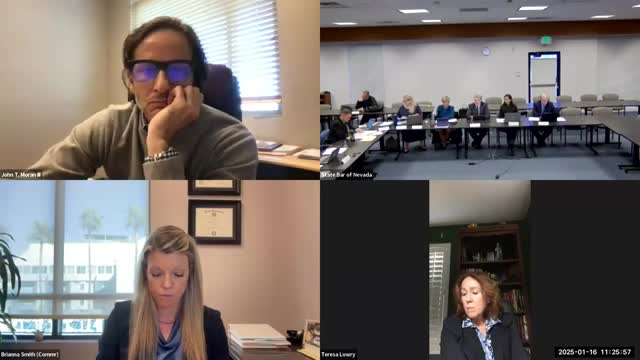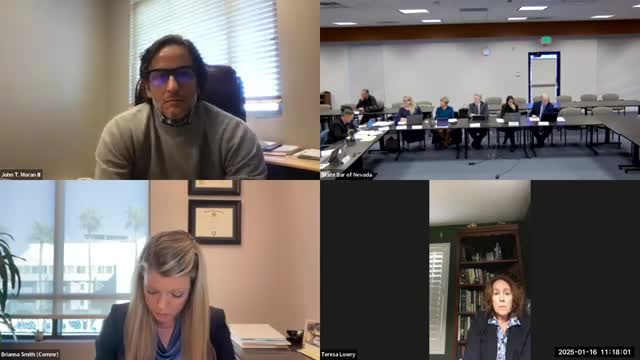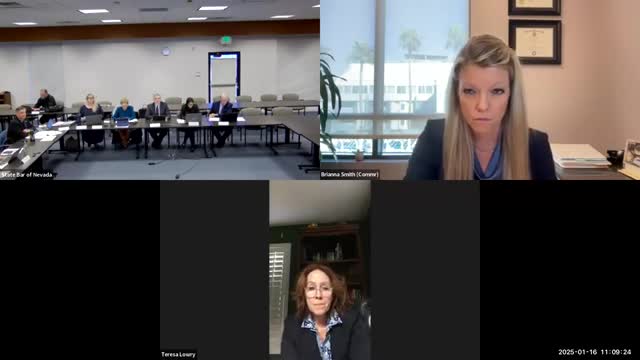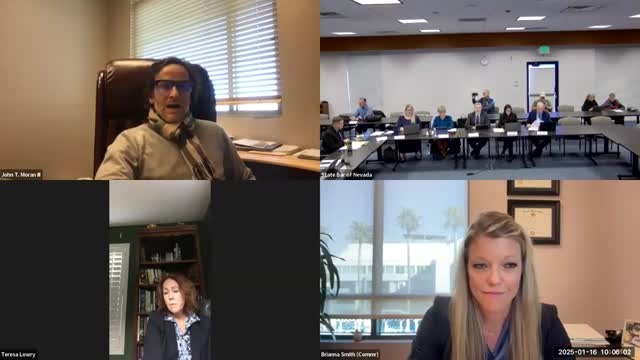Article not found
This article is no longer available. But don't worry—we've gathered other articles that discuss the same topic.

Executive director reports budget requests, case backlog and technology plans

Commission delegates authority to chair for legislative-direction during 2025 session

Nevada Commission on Ethics adopts language access plan required by state law

